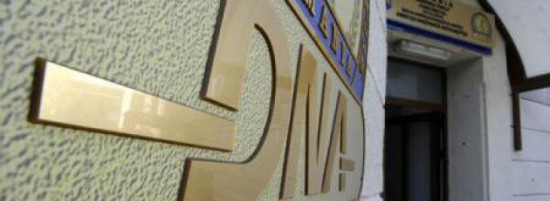DNA head: Foreign companies also involved in the healthcare corruption in Romania
Anti-corruption chief prosecutor Laura Codruta Kovesi stated on Monday that the corruption in the healthcare system also involves companies abroad. Kovesi said that investigation revealed that sometimes, the money received as bribe are paid through bank accounts opened abroad.
“There are foreign firms and companies involved in the healthcare system’s corruption, that’s why the National Anti-corruption Directorate (DNA) sets its priority to bring both Romanian but also foreign legal persons to account, companies that deal with selling medicines and medical equipment (…) There are ongoing cases where we cooperate with institutional partners from other countries, which are also probing into those companies, while the information exchange is essential,” the DNA head told a conference on Monday.
“The current investigations conducted by DNA show that the crimes are displayed through the same reiterative actions. Failing some clear control and prevention measures, the types of investigated actions and the mechanism that led to these deeds are repeating. We need a strategic approach to prevent corruption, particularly when we talk about fields that are directly affecting the citizens’ life, such as the healthcare,” Kovesi added.
Pointing out that for instance there was a director in the system has been prosecuted for the same corruption crimes in 2014, the DNA head argued that the corruption in the healthcare cannot be solved only by investigating and arresting people. In this respect, Kovesi pleaded for the possibility that the people investigated and convicted for corruption should lose their public jobs.
“If those investigated and convicted for corruption are not losing their public positions that they used to obtain undue benefits, we’ll keep on having public servants who will get bribe to conclude public procurement contracts. Undoubtedly, the corruption in the healthcare system is the result of the non-transparent way to use the budget for overrated acquisitions. There will be still public money used to buy expensive equipment from apartment companies, while hospitals cannot provide minimum standards for their patients,” the anti-corruption chief prosecutors argued.
23 may 2016

